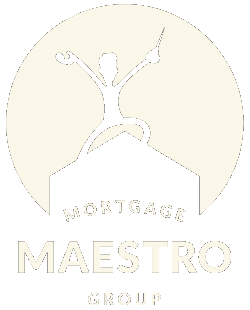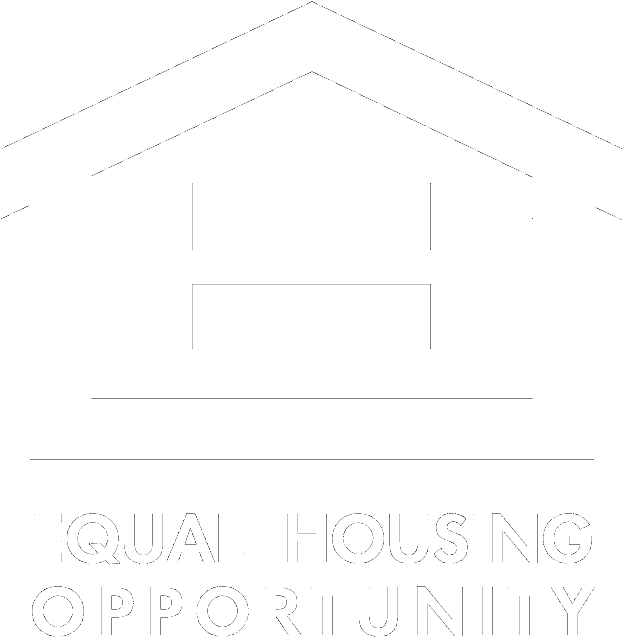
With modern home prices being what they are, it is no longer unusual for home buyers to carry what is known as private mortgage insurance (PMI). PMI is generally perceived as being a necessary evil and something buyers could do without. But it doesn’t have to be a bad thing. When you consider what buyers can accomplish with PMI, it is actually a good thing.
Perhaps you are looking at a conventional mortgage requiring PMI. There are only a couple of ways around the PMI requirement: come up with a higher down payment or try to qualify for an unconventional loan – like a VA loan or FHA loan. If you do not qualify for an unconventional loan and you cannot come up with a higher down payment, then just go with it. PMI is actually helping you even if it doesn’t seem like it.
The Basics of PMI
PMI is an insurance policy taken out to protect your lender from significant loss in the event that you can’t make your monthly payments. It is insurance that pays the lender a certain value of the outstanding balance, meaning the bank doesn’t lose its shirt if they have to foreclose. You pay for PMI, but it doesn’t protect you; it protects the lender.
Monthly PMI payments are rolled into a mortgage. In terms of cost, it could be as low as 0.4% or as high as 1.5% of the original loan amount. Your actual rate would depend on a variety of factors including how much you borrowed, how much you put down, the type of loan you have, and your credit score.
PMI is generally required on conventional loans when a buyer puts down less than 20%. In some cases, lenders automatically cancel PMI when a homeowner’s equity reaches 20%. In other cases, homeowners need to actually request that PMI be canceled. This particular aspect of PMI is something every homeowner should be aware of. Know where you stand if you are paying PMI. There is no point in continuing to pay for it once you reach 20% equity.
How PMI Helps Buyers
The negative perception of PMI is related to the fact that you are paying more every month for an additional insurance policy. But let’s turn that around and talk about how PMI actually helps home buyers. Remember that PMI is assessed when buyers put down less than 20%.
Let us say a first-time buyer is looking at a home worth $300K. A 20% down payment on that home would work out to $60K. That is a lot of money. It is money many buyers don’t have lying around. Without the ability to put down less, would that buyer ever be able to get into a home?
The truth is that many of us would not be able to buy a home if we were required to put down 20%. By the time we were able to save that much money, we would be ready to downsize and move into a townhouse anyway. So for all intents and purposes, PMI is a vehicle that helps people who could otherwise not afford to buy a home do so.
It’s a Tool
We like to look at PMI as a tool that helps people buy homes. Like any other tool, there is a price attached to it. We pay for a whole host of things like home inspections, appraisals, and title searches. They are all part of the cost of buying a home. PMI is no different. And if PMI can help you get into a home, it is a good thing.
Mortgage Maestro Group – NMLS #1838215












